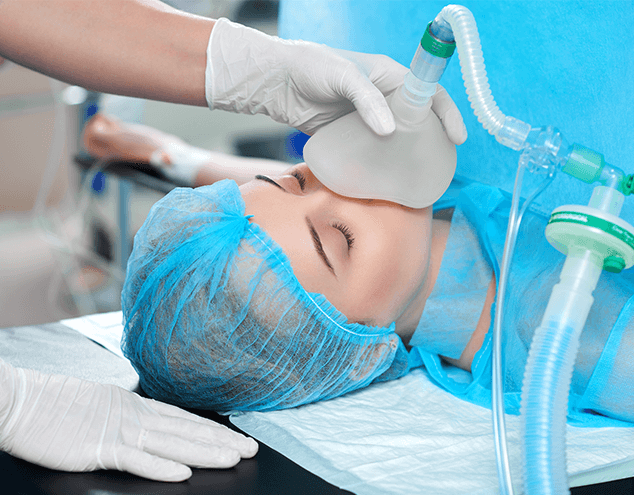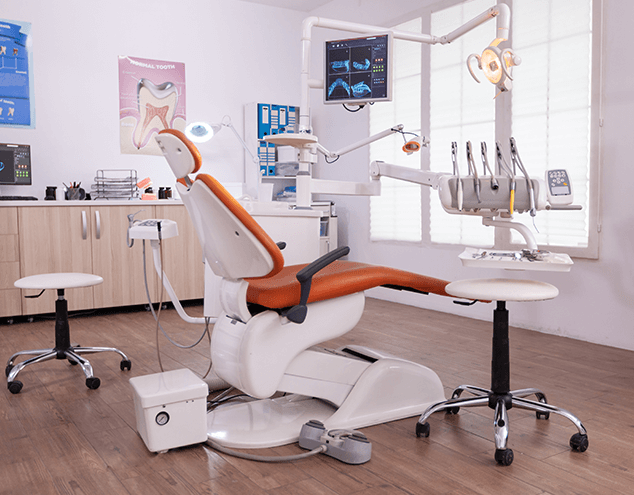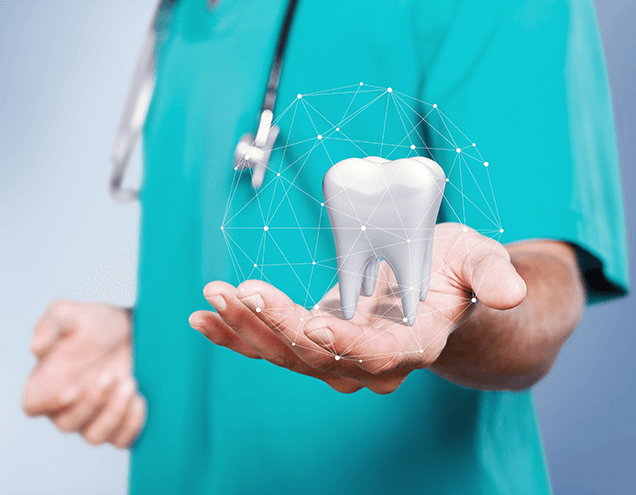

With years of experience in dentistry, we continue to see many patients who have minor dental anxiety up to fully dreading their dental visits and unfortunately delaying necessary care. At Smile Arizona Dentistry in Scottsdale, AZ, we have dental professionals who have completed specialized training in 'Conscious Sedation' techniques that allows us to treat these patients in a relaxed and comfortable environment.
Our sedation dentistry solutions are extremely carefully administered, so don't let your dental anxiety lead to ignoring dental issues and preventive care! Visit our dental care facility today to learn about our comfortable and anxiety-relaxing options for you. Nothing is more important than your health! We are only minutes away from Tempe, Mesa, and Phoenix.
Request an Appointment Now!
Conscious sedation in dentistry combines the use of one or more drugs (sedatives and/or anesthetics) to help relax patients and to increase comfort and relaxation during a dental procedure. With conscious sedation, a patient is able to respond to the dentist during the procedure.
Different kinds of sedation used in dentistry are:
The level of sedation used varies depending on the type of dental procedure, your age, and health condition(s). The effects of sedation may vary from one person to another. Generally, you will feel drowsy, relaxed, and react slowly.

Sedation is often used in more invasive dental procedures. However, minimal to mild sedation can be requested by patients with dental anxiety for even regular or routine dental procedures.
Here are the most common reasons patients consider sedation dentistry in Scottsdale:

Dental procedures that may require conscious sedation include:
The procedure for conscious sedation involves these steps:
IV sedation generally works the quickest, whereas oral sedatives can take longer to begin working and thus medication is often starting by taking a pill at bedtime the night before the dental procedure.
Your blood pressure and breathing may slightly drop after the sedative begins to work. However, your dentist will closely watch you and if required, they may provide an oxygen mask to keep your blood pressure and breathing at normal levels.
Your dentist will start the procedure once the sedative drug is working. You could be under sedation for a few minutes to several hours depending on your dental procedure.
The time it takes for conscious sedation to wear off varies depending on the drug and dose you have received.
You can recover quickly from conscious sedation, but you can expect these things during your recovery:
Our experienced dentist, Dr. Beth Vander Schaaf, and her anesthesia team will gather all the medical history, any additional pertinent information, any known allergies, so that the side effects of the conscious sedation are limited. Short-term side effects are common, which include:
These side effects will not last long and disappear after a few hours.
You will feel what most describe as very minimal, a needle stick when you are given sedation intravenously. Otherwise, you won't experience any pain during your procedure with dental sedation.
Most insurance plans consider sedation or sleep dentistry an elective procedure and do not cover it. In some cases, where it is a part of the procedure, it may be covered.
Schedule a consultation today to learn more about sedation dentistry specific for your oral conditions and needs!